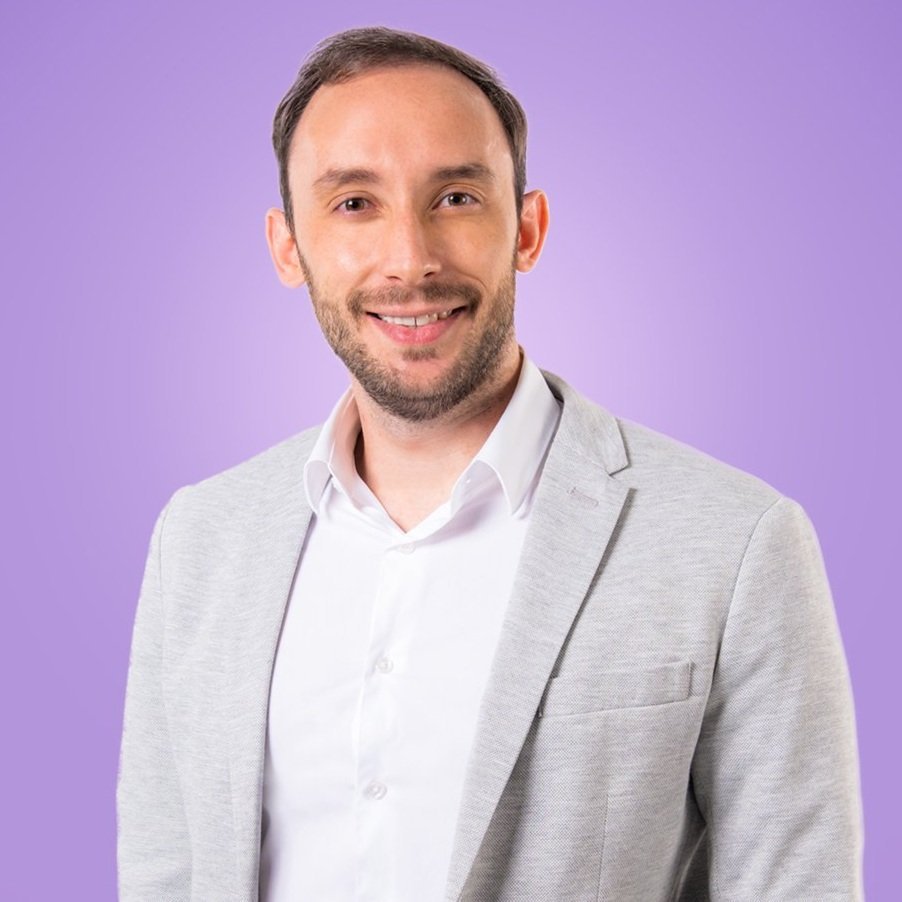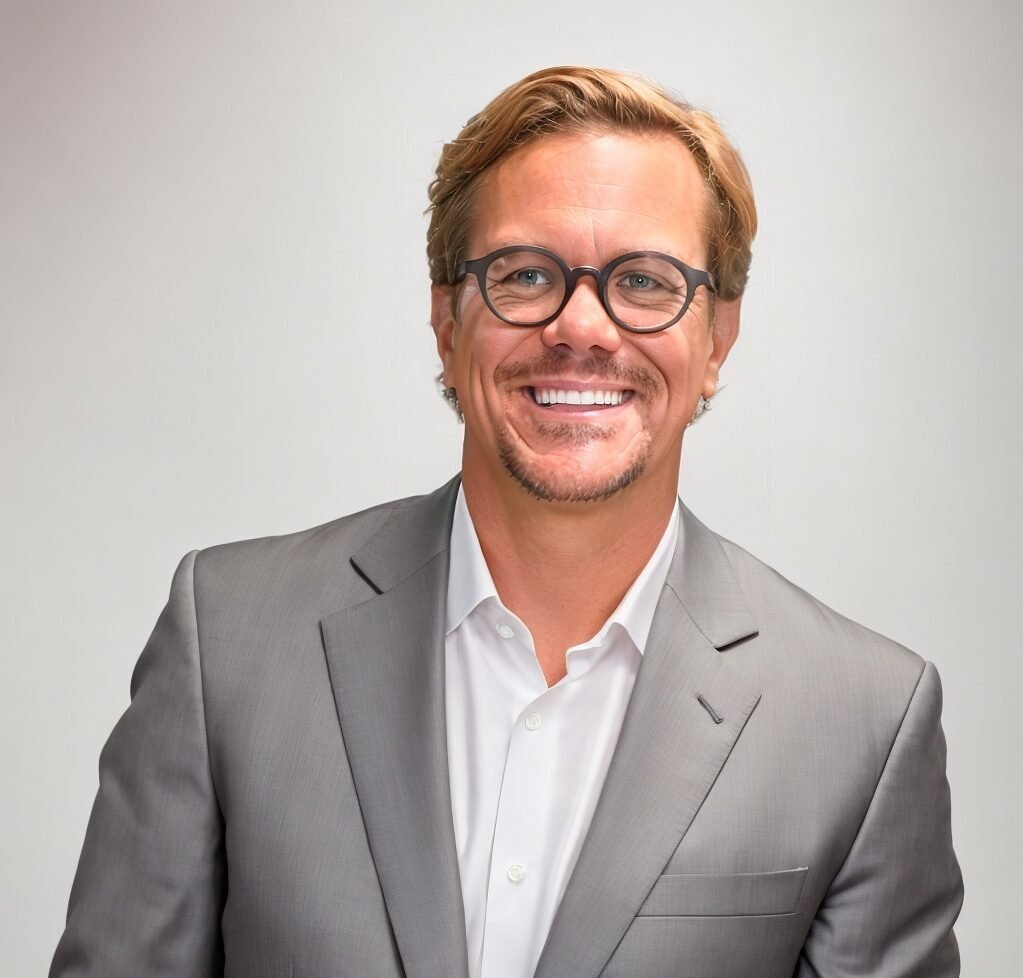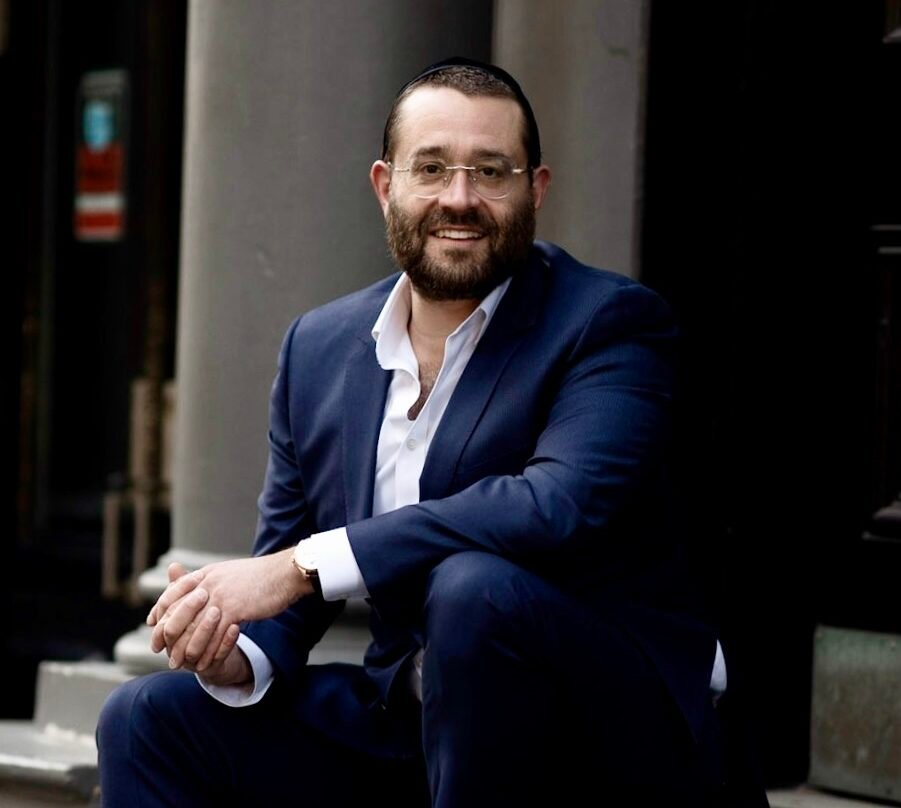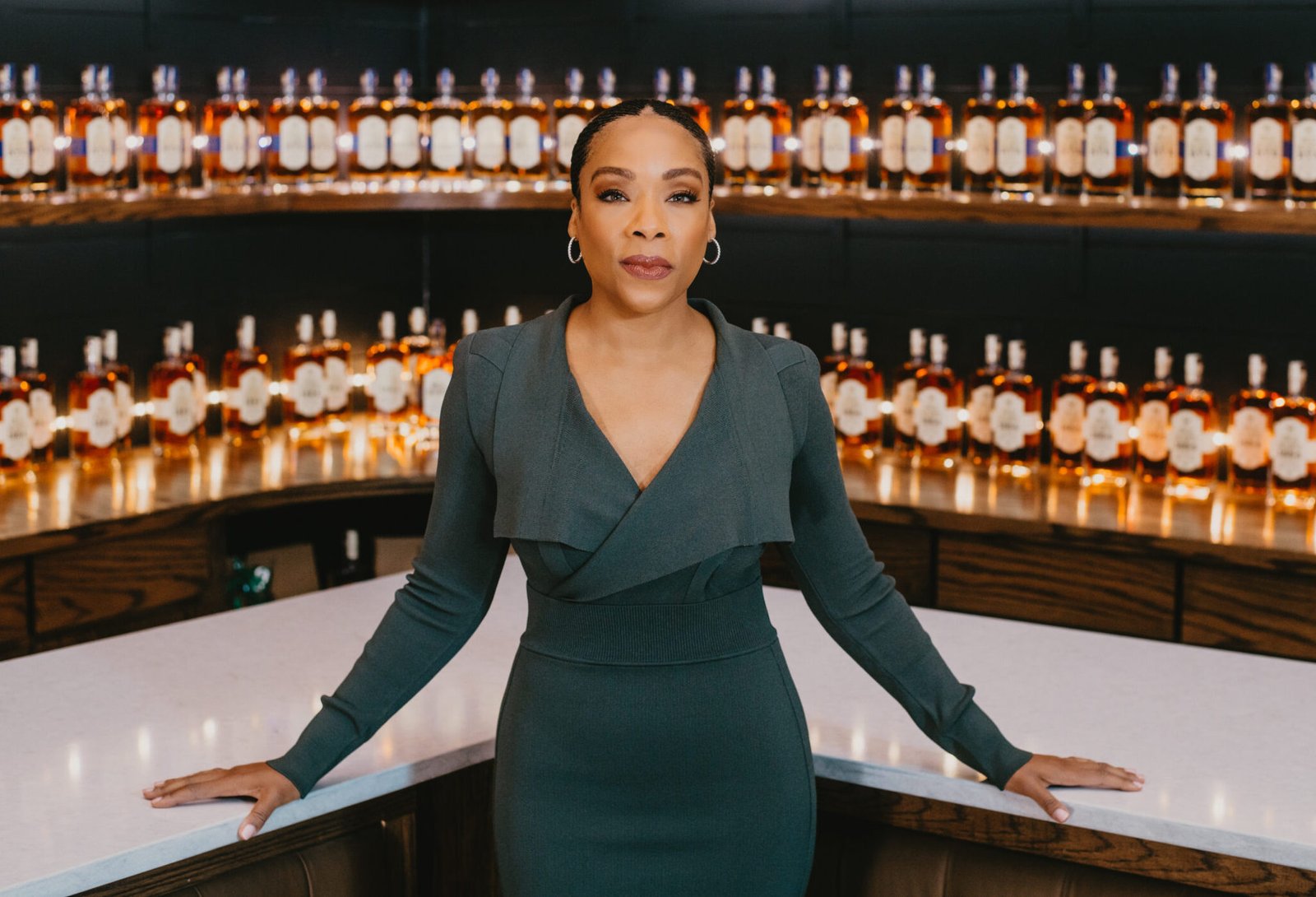I recently went one on one with Andre Menezes, co-founder and CEO of TiNDLE Foods.
Adam: Thanks again for taking the time to share your advice. First things first, though, I am sure readers would love to learn more about you. How did you get here? What experiences, failures, setbacks, or challenges have been most instrumental to your growth?
Andre: Thanks for having me, Adam. I was born and raised in Brazil and was surrounded by a strong support system in my family. I also found my passion for business at a young age – one day, my dad challenged me to scale up a business project that he had while still working his corporate job. That happened as I was pushing him to try to pursue his dream to become an entrepreneur and he said to me, “So why don’t you do it?” My parents often would say that “if someone else can do it, you can do it too” and from an early age, this mindset was cemented in my mind and I was fascinated with solving problems and getting things done.
I studied mechanical engineering in school and this led me to working with companies in both the technology and investment fields. I worked for an investment fund straight after university, which allowed me to get inside the investor mindset and served as invaluable experience. After that, I joined one of the portfolio companies – BRF, the world’s largest poultry exporter.
Switching career fields has impacted where I am today, including offering me the opportunity to move to Singapore and join SATS BRF, a Joint Venture of the two companies. A couple of years later when I was only 29, I was entrusted to lead the team as General Manager at SATS BRF after a successful turnaround. As a trained engineer, the switch from finance to food – while seemingly a challenge – seemed to fit well as animal farming is intrinsically inefficient. It’s the world’s largest user of our planet’s natural resources (energy, land, water, and grains) – and all to make affordable and delicious protein options for consumers. This eventually led me to question how we value food as a society, particularly meat, and where we can find efficiencies in order to create a better future for our planet.
Another big challenge I endured in the early stage of my career was the fear of failure and anxiety with uncertainty. As one of my biggest mental hurdles, I typically overcome my fears and anxiety by imagining a scenario in which the worst case scenario happens, then conducting a “what would I do” in that case exercise. I do this exercise until I have a high level “plan” and get comfortable with it which, in turn, gives me more strength to take risks and aim higher. This mindset has allowed me to stay level headed and take risks – an important factor that led to the early successes we achieved at TiNDLE Foods.
Adam: How did you come up with your business idea? What advice do you have for others on how to come up with great ideas?
Andre: The simplest answer is that a business exists to solve (and capitalize on) a problem for society and for consumers and/or customers. We have looked at one of humanity’s biggest problems, climate change, and its main causes (with animal farming ranking very high on that list), and then explored how we could play a relevant role in addressing a societal challenge. Whether big or small, a business should also seek to solve a problem where people are willing to pay for the solution.
I’ve always had an attraction to problem solving, especially after studying engineering in school. In spending so much time analyzing the economics of our modern meat industry, especially while living in Brazil and in Asia, I learned how the reliance on a global trade of animal farmed products is very fragile – both environmentally and financially. It was this recognition that drove me to the plant-based industry and, ultimately, to start TiNDLE Foods.
My co-founder, Timo Recker, has extensive food industry and plant-based food experience; he was the founder of a German plant-based meat company called LikeMeat. What we knew when starting the company, and even before that, is that people enjoy meat because it’s tasty and versatile from a culinary standpoint, and as well as because of its nutritional value. But what they don’t love is that meat inherently needs to come from an animal carcass.
Meat is also aspirational. As a country becomes more affluent, there’s always a direct relationship between that and the consumption of meat. And with our global population growing, there will be an increase in demand for meat, thus a strain on our environment and existing resources to support that hunger.
So, as Timo and I thought about how to lift plant-based meats to the same level as meat, we asked ourselves a number of questions: What industries create engagement, aspiration, and inspiration? What are the products? What is the approach? Are we going to go with one specific category? Are we going to create a product that chefs can cook with? The answers to all those elements were part of our design principle.
So there we were – two people from an animal farming background – creating a plant-based food company during a pandemic in 2020. It was our founding mission to build a global brand that made delicious and sustainable plant-based foods that didn’t sacrifice all the things you want or need from animal meat – including taste, texture, versatility, and also nutrition.
Adam: How did you know your business idea was worth pursuing? What advice do you have on how to best test a business idea?
Andre: We know that raising livestock for the purposes of food production is one of the biggest contributors to the warming of our planet, responsible for 14.5% of all global greenhouse gas emissions. The demand for meat is also growing, expected to rise 50% by the year 2050. By this calculation, we won’t be able to sustain the levels of demand through traditional means of producing meat. We’re running out of time.
Fifty-two percent of the U.S. considers the taste of plant-based foods their top priority when making purchasing decisions. As someone who isn’t completely plant-based, but opts for dining sustainably when I can, I notice that the current plant-based options are good, but are they as delicious as the animal-based foods we’ve spent decades learning to value and choose because of their superior taste, nutritional value, and symbolism?
With TiNDLE Foods we felt strongly – and still do – that we needed to put an emphasis on developing products that first and foremost taste great – and that means they have to have the flavor, texture, aroma and mouthfeel of the animal products they’re replacing. We had to get the experience right. When Timo and I started the company in 2020, we didn’t intend to only develop one core product and stick with it. We wanted to offer a diverse range of global food brands and products that were not only great-tasting and high-quality, but also could make an impact on the planet.
When it comes to testing business ideas, flexibility is important. While it’s important for founders to be focused and forward thinking in a broader sense, they should also be flexible on how to get there. Your grand vision and mission may remain the same, but you’ll need to try out a couple different ways of operating during the journey. At TiNDLE, we’re often revising and re-evaluating how we do business and work together as a team, but our primary mission to build a more sustainable food system has always remained constant.
Adam: What are the key steps you have taken to grow your business? What advice do you have for others on how to take their businesses to the next level?
Andre: Since 2021, TiNDLE Foods has scaled what was our first product, TiNDLE Chicken, from a handful of restaurants in Singapore to many of the world’s leading markets for not just plant-based foods, but also for animal meat. In just 2022 alone, we launched in three of those leading markets: Germany, the U.S., the UK. This ability to grow rapidly is in part due to our asset-light business model that has allowed us to operate remotely and digitally, enabling us to scale our business quickly and efficiently.
Also in that time, the TiNDLE brand introduced a wide range of new and competitive product formats for both restaurants (foodservice) and retail partners. This included popular products like nuggets, sandwich patties, and tenders to more innovative and more unique applications including popcorn chicken, boneless wings, traditional schnitzel, and our soon-to-be-released savory breakfast sausage.
Another key step is that we’ve found and secured growth opportunities in strategic partnerships, including our recent acquisition of the dairy startup Mwah!. This acquisition came as a result of our company incubating them while they were still in stealth mode as a young startup in 2021, developing strong R&D and products in the plant-based dairy space. With this acquisition, we’ve been able to leverage the R&D capabilities of its two co-founders, Damian Piedrahita and Claudia Comini, who bring decades of experience from the F&B world and dairy innovation. This will unlock opportunities for us to grow across new categories and product offerings.
When it comes to taking your business to the next level, I recommend taking risks. People are usually ready to take the leap only when they discover the next step, but such an approach tends to incentivise marginal moves and is largely driven by the current paradigm. To me, that approach restricts your next move. In previous roles, I rose up the ranks very quickly and even though I could’ve kept comfortably climbing within that company, I decided to leave that position behind with nothing next lined up. Taking risks led me to TiNDLE Foods.
Furthermore, I’m a strong believer that no one should be so worried about what other people say, especially when trying something bold and unusual. There will always be detractors who choose to be negative as they sit behind their desk without ever trying to achieve anything remotely meaningful, but that’s normal. For instance, the plant-based industry has come under scrutiny for simply not growing as quickly as some believe it needs it to grow. This slowdown in growth is enough for plant-based meats to be the focus of a cover of Bloomberg magazine which, to me, just shows how incredible this sector actually is – especially as it was nonexistent 10 years ago. It is just the beginning and our planet needs solutions to make our food system more sustainable, and that is why we block out the noise and do what we do.
Adam: What are your best sales and marketing tips?
Andre: Lead with emotion. Our products are not marketed solely towards vegans. The drivers for our products come from understanding the psychology of our groups of target consumers. Do they want TiNDLE because it’s sustainable? Do they eat meat but want to incorporate more plant-based options into their diet? While it’s important to understand the rational drivers for a product, it’s important to understand the emotional drivers as well. People will tell you Tesla highlights its product specs, but this isn’t exactly true. Tesla communicates the experience of the car. It accelerates quickly. It has an immersive sound system. Same for Apple – Steve Jobs made technology sexy with the iPhone by focusing on design and how people felt when using it. With TiNDLE Foods, we practice the same by marketing the experience of eating our products. Think about the best meal you ever had. A lot of times, the best meals have been at a restaurant surrounded by people they love. We always start with consumers and the emotional connection they have to food.
Adam: In your experience, what are the defining qualities of an effective leader? How can leaders and aspiring leaders take their leadership skills to the next level?
Andre: That is a tough question and I don’t want to sound like I know it all. In the end, I’m just trying to learn everyday as much as I can and be the best person I can despite any challenges I’m put through.
That said, based on my experiences, the best leaders I’ve come across do share a few common traits. They are able to: (i) see opportunities where most people see problems; (ii) inspire people to follow their vision; (iii) understand various behaviors; (iv) value people; and (v) create value. They do all of that while being transparent about hard times, making painful decisions when needed even if they don’t please most people, but also recognising when they are/were wrong. In fact, all of them seem to be able to make decisions that are painful in the short term, but turn the company in the right direction in the long run – mediocre leaders tend to be simply patching their way through while trying to please others.
Adam: What is your best advice on building, leading, and managing teams?
Andre: The best advice I would have is to develop the ability to have multiple perspectives. We are all imperfect, emotional, and complex creatures that are able to do wonders, but also prone to disagreements and conflicts coming from different points of view. Accept that and its importance, and make sure to spend time helping your team navigate differences by understanding their perspectives.
If you are able to understand different perspectives and accept that we are all imperfect and emotionally complex creatures, your life as a leader becomes much simpler and less frustrating. The result of a well balanced attitude towards different perspectives and the ability to use them to build a more powerful company results in what we tend to call “company culture.”
Adam: What are your three best tips applicable to entrepreneurs, executives, and civic leaders?
Andre: First, I find that asking myself a series of difficult questions is a humbling but fruitful exercise. Ask yourself things like: What does purpose mean to you? What makes you feel like you accomplished something? What makes you feel like you’ve done something great? How does my mission serve others? Once you gain this clarity and awareness, think about what you can do to drive this forward.
The second is, don’t focus too hard on perfection. This can be easier said than done, but balancing perfection and “good enough” can help in the long run. What do I mean by this? Say we were to replicate TiNDLE’s plant-based chicken to be exactly like chicken. We’d have the eyes, beak, etc. We don’t want that. To me, good enough is what gives you the texture, fibers, and taste that consumers want of chicken – but it’s still not exactly chicken.
Lastly, maintain resilience. I learned this from a successful investor in Brazil. Working with him, I learned how to push through even when everything around you appears to be falling apart. Timo and I started TiNDLE Foods amid a time of uncertainty due to the pandemic. People thought we were crazy to start a business during this time, but in 16 months, we announced a record-breaking $100 million Series A funding, the largest Series A round in the plant-based meat sector. Inflation, supply chain strains, and the talent war are affecting all businesses and TiNDLE Foods is certainly not immune to this. We are, however, very aware and we do everything in our power to mitigate these challenges. This drives us to be better every day across all dimensions.
Adam: What is the single best piece of advice you have ever received?
Andre: Make sure to develop the ability to have different perspectives. Live abroad and gain exposure to different cultures, influences, and people. So far I’ve lived in Brazil, Germany, Singapore, and now the United States. Along the way I learned how to adapt to a variety of situations, and I’ve seen the gamut when it comes to various business practices which has given me great clarity when it comes to my personal and professional goals and ethics.









